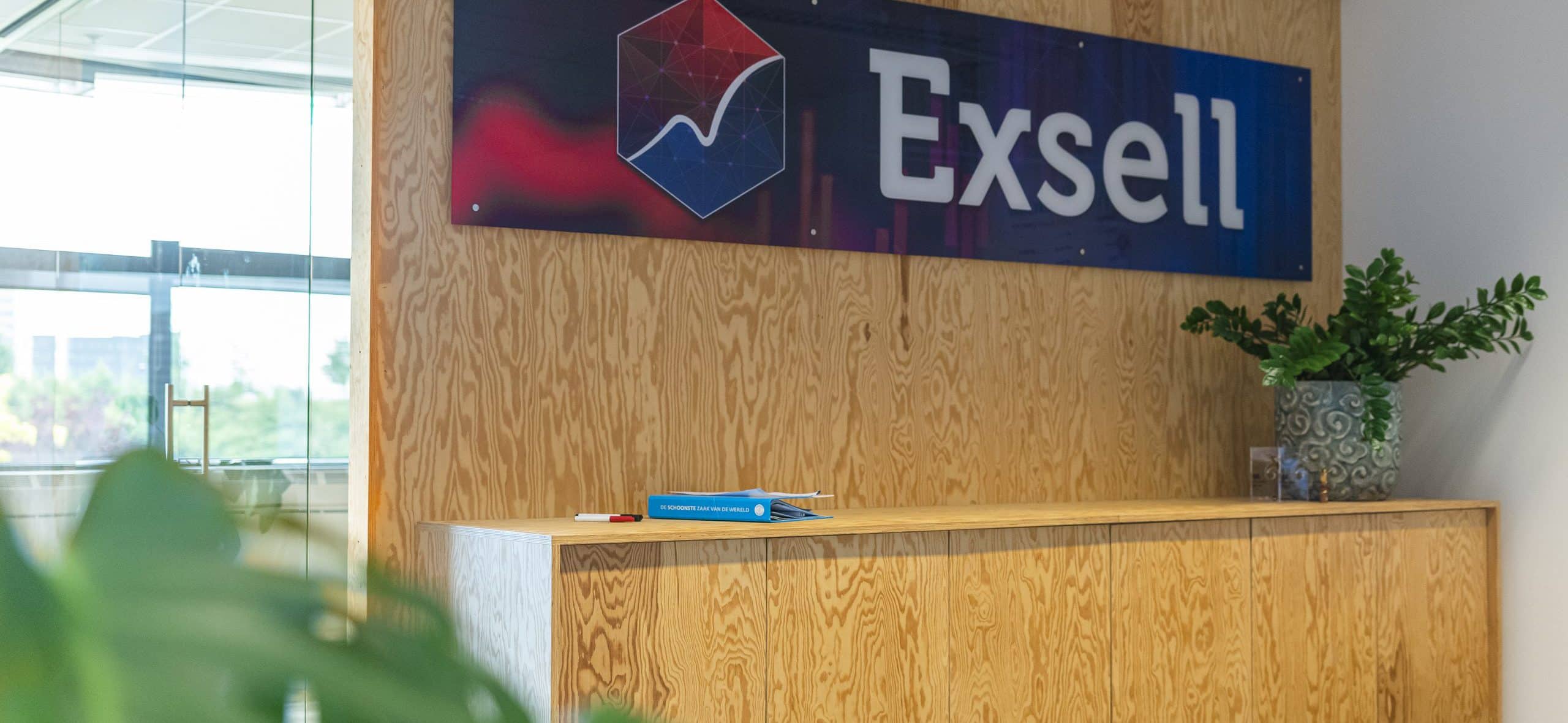The challenge
Exsell, a company specializing in marketing and sales improvement with data science, has been a long term partner and partnered for the third year in the Causal Inference course, taught by Maurits Kaptein. Their primary goal was to present a real-world dataset challenge to students, to see what they did with it. The dataset provided by Exsell was complex and messy, aimed at testing students’ ability to build models and derive meaningful insights from the data
What the students did
Every year, Exsell offers the same dataset to the students, but they slightly modify the research question based on the feedback and outcomes from the previous years. The students work in teams of 5 to 6 individuals, each approaching the challenge with a fresh perspective. Over the years, they have developed different solutions, providing Exsell with a diverse range of ideas and novel approaches. This exercise proved to be more challenging than standard assignments, leading to valuable insights for both Exsell and the students.
Throughout the three-year collaboration, two practical ideas emerged from the student efforts. These ideas were implemented and utilized by Exsell for their actual clients, proving the effectiveness and value of the collaboration. Engaging with academia allows Exsell to stay updated with the latest developments and perspectives in their domain.
The result
The main challenge presented to the students was to build a recommender system using the provided dataset. In the initial year, the students were tasked with beating a simple recommender system already in place. Although no group succeeded in surpassing the existing system in the first year, some managed to do so in the subsequent year by introducing innovative techniques.
One of the key takeaways from this challenge was observing how different groups of students approached the problem. Each group faced unique challenges and had different considerations while proposing solutions. This diversity of perspectives proved to be a valuable source of inspiration for Exsell, as it encouraged them to explore various avenues in their business.
The process also revealed that certain models required substantial development time, while others were quicker to build. Some groups opted for fast solutions to meet tight deadlines, though it was not always the best choice for this particular challenge. Nevertheless, this experience highlighted the importance of selecting the appropriate approach based on the specific problem at hand.
By collaborating extensively with JADS, not only by participating in the Causal Inference course but also by participating in the EngD program, Exsell gains not only fresh ideas and insights but also establishes connections with talented individuals. This has already led to the successful onboarding of two alumni from the EngD program as employees, with a current graduate also joining their team.
In conclusion, the Causal Inference challenge with Exsell at JADS proved to be a fruitful endeavor, yielding practical solutions for Exsell’s clients and enriching the academic experience for the students. This collaboration demonstrates the value of bridging the gap between academia and industry, fostering innovation, and nurturing the development of future talent in the data science field.





